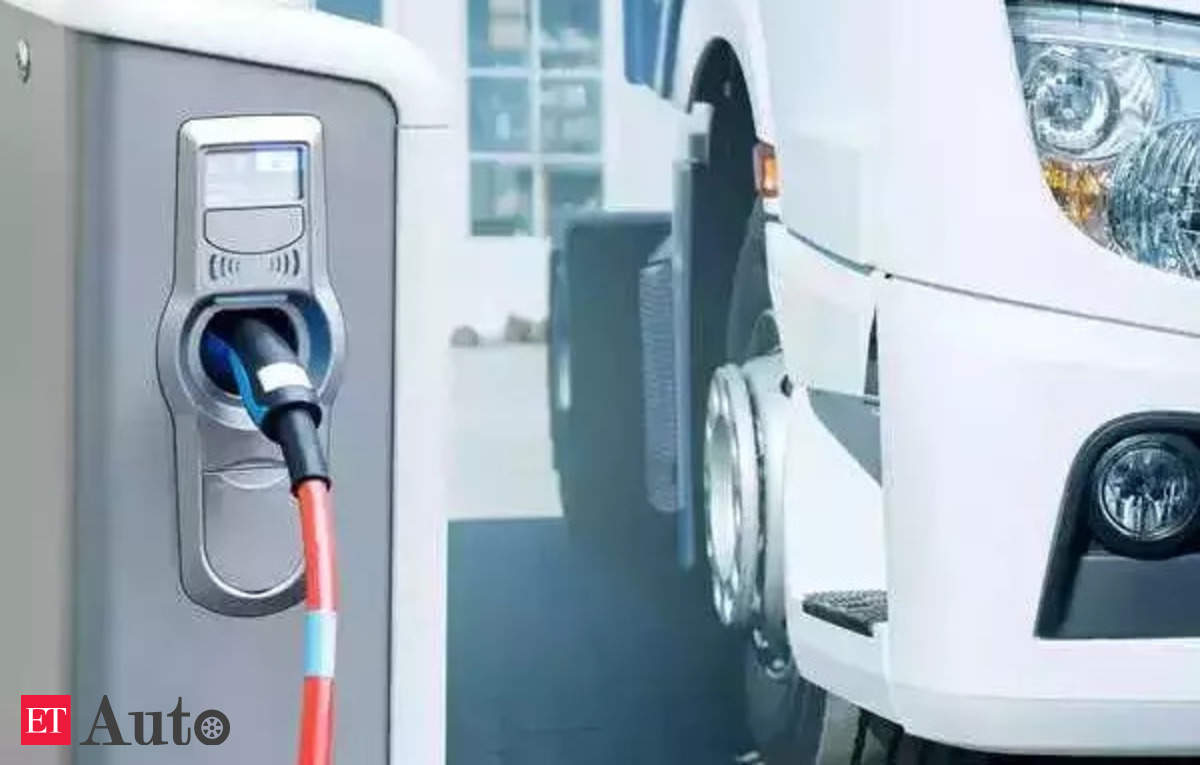Driving Towards a Greener Future: The Resurgence of Electric Vehicles
Key Ideas
- Electric vehicles are making a comeback globally to combat climate change, with innovations in battery technology and government support leading the way.
- India aims for 30% EV sales by 2030, facing challenges like battery costs and charging infrastructure, while global leaders like China and the USA progress rapidly.
- Various stories highlight the debate between hybrid electric vehicles (HEVs) and EVs, FAME II scheme challenges, GM's Cruise pivot, and advancements in green hydrogen fuel cells by the Indian Navy and Indian Oil.
- Initiatives like Ahamani EV's technology transfers, IAC's push for Auto LPG, sodium-ion batteries, and partnerships like Amara Raja-IIT Tirupati signal a promising shift towards sustainable transportation and energy solutions.
The resurgence of electric vehicles (EVs) is at the forefront of combating climate change globally. With advancements in battery technology and supportive government policies, the EV industry is witnessing significant growth. India, targeting 30% EV sales by 2030, faces challenges such as battery costs and charging infrastructure, but progress is evident.
The debate between hybrid electric vehicles (HEVs) and EVs is ongoing, with Maruti Suzuki emphasizing HEVs' lower energy consumption in India's current energy mix. The FAME II scheme in India, initially successful in subsidizing electric two-wheelers, is now encountering challenges like subsidy misappropriation allegations.
GM's Cruise, a key player in self-driving technology, has shifted focus from its futuristic Origin to the next-gen Bolt EV to navigate regulatory obstacles. Meanwhile, the Indian Navy and Indian Oil are pioneering green hydrogen fuel cell buses, marking a significant stride towards sustainability.
Ahamani EV Technology Co., Ltd. is exploring technology transfers with Indian automotive leaders to boost India's EV market. The Indian Auto LPG Coalition (IAC) advocates for Auto LPG adoption, emphasizing its environmental and economic benefits.
In the realm of energy storage, sodium-ion batteries are emerging as a promising alternative, especially in regions facing solar and wind reliability issues. Partnerships like Amara Raja Energy & Mobility with IIT Tirupati for advanced energy storage technologies symbolize a commitment to innovation and sustainability.
These developments collectively signify a positive shift towards greener transportation and energy solutions, aligning with global efforts to address climate change and promote sustainable development.
Topics
Public Transit
Infrastructure
Technology
Innovation
Sustainability
Electric Vehicles
Government Incentives
Policy Support
Energy Mix
Latest News
